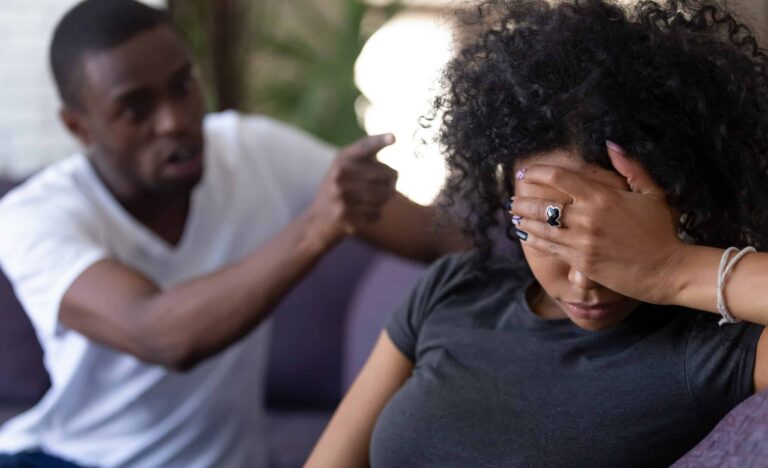If you feel like the marriage grass is greener on the other side when you look at other couples, it could be that you’re not watering your own lawn enough and spending too much time looking at theirs. Alongside issues like being critical or controlling, comparing your marriage to others’ seems pretty innocuous. But I believe that it’s the front door through which other relationship killers can gain access to our lives. Susan and I talk about how dangerous comparison is in our Marriage Killers podcast.
The problem with marriage “comparison shopping“ is that it can lead to buyer’s remorse. Feelings of discontentment bubble up. Unchecked, they can lead to attitudes of complaining and criticism. You start wishing that your spouse was more outgoing and fun like Charles or more organized and thoughtful like Jessica.
Here are three steps for dealing with the danger of comparing your marriage to others’.
Look carefully.
Susan and I were quietly envious of our friends David and Kristina for a long time. They had children the same age as ours, so we spent a lot of time together as families. David and Kristina seemed to have such an awesome relationship, always hugging and saying such sweet things to each other. Susan and I would talk about it sometimes, wondering where we must be going wrong when they seemed to be doing so well.
But all was not as it seemed with David and Kristina. A few years later, their seemingly fairytale marriage ended in a nasty divorce. Apparently their outer harmony had hidden, deep inner discord.
It’s important to remember that we usually only see in other couples’ marriages what they want us to, the highlight reel. People have always put their best sides forward in front of others, but that tendency has been exaggerated in the age of social media. Not only are we in contact with so many more people, they are all carefully curating the image they present to the world.
Meanwhile, we are aware of every blooper and blemish in our own marriage. No wonder it may not seem to match up. Remember you are comparing apples and oranges.
Speak wisely.
Watch how you express any dissatisfaction you may have as a result of looking at others’ lives. When you say things like, “Why can’t you be more sensitive like Bill?” or “If only you’d be more supportive like Harriet,” you’re really communicating, “You don’t make the grade…you’re not good enough” as a husband or wife.
Having said that, silence can be deadly, not golden. You may keep quiet, but privately wonder how much better things would be if your husband were more like Ken or your wife were more like Jen. That kind of approach can lead to you secretly coveting someone else’s spouse, even resulting in an emotional affair. This can be damaging, even when it is only a one-way thing; your heart is turned elsewhere.
Listen closely.
The lure of comparison needs to be addressed and talked out, not ignored. Couples need to listen well to one another on this issue. Don’t let it become a wedge. Rather than focus on what another couple may have that you feel like you don’t, remember that every marriage is unique, a blend of two unique individuals.
For instance, while David and Kristina were lovey-lovey in public, it seems that they weren’t very good at speaking about tough issues with each other. Susan and I, in contrast, are very direct and have learned how to exercise this quality in such a way that it is a strength in our relationship.
You can even turn comparison into a positive. Maybe there’s a couple you admire rather than envy. If so, talk with your spouse about what you see in their relationship that you would like to develop in yours. This kind of healthy comparison can draw you closer as a couple, rather than drive you apart.
Another way to turn comparison on its head is to develop real friendships with some other couples with good marriages with whom you can be candid. A small group studying a book about marriage can be a way in which you get to share the joys and heartaches of being married. Knowing something of others’ real struggles and triumphs, beyond their Facebook image, can encourage you and inspire you to press on.
One reason that comparison is so dangerous is that it is so subtle. Our culture encourages dissatisfaction, from social media to advertising. It’s the cultural air that we breathe. One way to begin to filter what you are absorbing might be to consider these 4 Ways to Deal With Facebook Envy.
Has comparison ever been an issue in your marriage? If so, what have you done to overcome it? Please share your thoughts and experiences with the rest of us.



